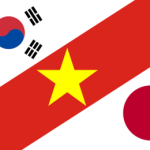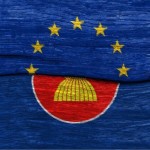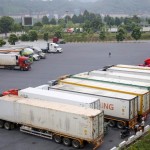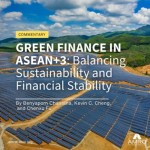Total number of posts 463.
Since June 2, the Regional Comprehensive Economic Partnership (RCEP) has officially entered into force in the Philippines, meaning the world's largest free trade agreement is now in effect for all 6 members.
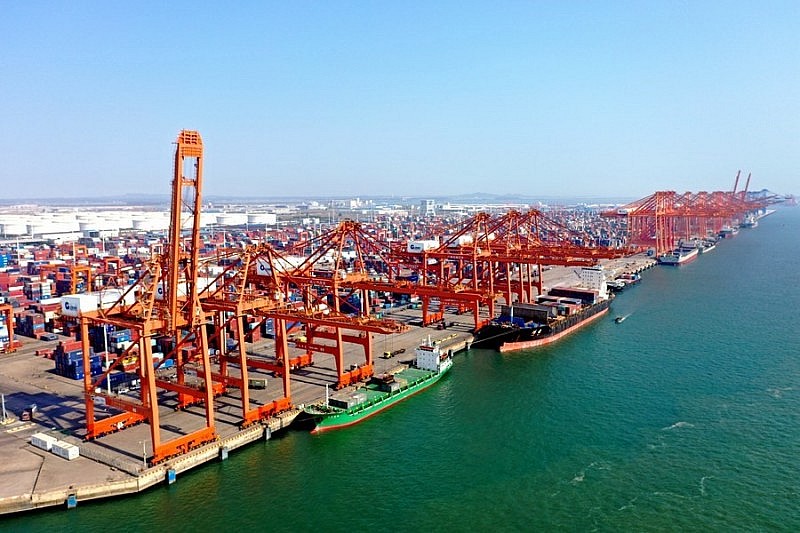
The full implementation of RCEP is a new phase for the trading bloc with the world's largest population and trade volume as well as the greatest development potential. This reflects the determination and action of the 15-member Association of Southeast Asian Nations, China, Japan, South Korea, Australia and New Zealand, to support an open, free, fair, inclusive and rules-based economy. multilateral trading system.
Signed in November 11 after 2020 years of negotiations, the landmark RCEP Agreement covers about 8% of the world's gross domestic product and population. The agreement came into force on January 30, 1, with the aim of phasing out tariffs on more than 1% of goods traded between members.
The full implementation of the agreement in member countries will create a strong impetus for regional economic integration, comprehensively raise the level of liberalization and facilitate trade and investment in East Asia, and contribute to the long-term stable development of the regional and global economy.
Philippine Trade and Industry Secretary Alfredo Pascual described RCEP as "a modern, comprehensive, high-quality and mutually beneficial economic partnership." RCEP is seen as key to inclusive economic growth, not only for the Philippines but also within ASEAN.
Since the trade agreement came into force last year, trade in goods relations among RCEP members have become closer, and intra-bloc trade is now the main force helping to stabilize and promote foreign trade among RCEP members.
In 2022, trade between China and other RCEP members grew 7.5% year-on-year to 12.95 trillion yuan (about US$1.82 trillion), and RCEP investment in China was, in fact, up 23.1% to US$23.53 billion. Thailand's trade with other RCEP members rose 7.11 percent year-on-year to $300 billion last year. In the first four months of 2023, Cambodia's exports to RCEP countries will increase by 2023% year-on-year.
The RCEP region continues to be a global investment hotspot, with most members increasingly prone to foreign investment. The region's vibrant dynamism is also a strong draw for economies outside the region, which are seeing increasing non-RCEP investment. In the context of declining global openness and rising trade costs, RCEP is helping to promote openness and cooperation inside and outside the region, while contributing to global economic development.
Open-door commitments, coupled with high standard rules in various sectors, will facilitate the free flow of factors of production such as raw materials, commodities, technology, human resources, capital, information and data in the region. With the full implementation of the agreement, a more prosperous integrated regional market will gradually take shape and broader cooperation, higher standards and deepening will be achieved among member countries.
The full implementation of RCEP will provide a strong incentive for the region to pursue high-standard openness by facilitating greater expansion of trade in goods among RCEP members, further opening up trade in services and investment, and improving the conducive trade and business environment.
RCEP not only makes it easier for businesses to access free trade benefits, but also integrates regional industrial and supply chains, which will facilitate the high-quality development of intra-regional trade.







